Unlock your potential in affiliate marketing by mastering key terms every affiliate marketer should know for success.
Disclosure: This post may contain affiliate links. This means that if you click on a link and make a purchase, I may earn a small commission at no extra cost to you. I only recommend products and services I truly believe will add value to you.
Affiliate marketing can feel like finding your way through a brand new world packed with its own language and shortcuts. If you’re starting out, all those acronyms and buzzwords can sound confusing, especially when forums, training sessions, and blog posts seem to toss new terms at you nonstop. Grasping the lingo is a game changer as you work to earn money online. I’m here to break down the essential terms you’ll see most often in affiliate marketing so you can get up to speed fast and feel confident with every campaign you try.

Understanding the Affiliate Marketing Basics
If you want to thrive as an affiliate marketer, knowing the basics is your smartest starting point. Affiliate marketing boils down to promoting other people’s products or services online and earning commissions for any sales or leads you generate. This business model attracts both side hustlers and entrepreneurs looking to build a full-time income, mainly because it’s easy to get into and has huge earning potential with the right approach. Here are the core terms every beginner needs to know:
- Affiliate (Publisher): That’s you, the person or business that promotes products in exchange for a commission.
- Merchant (Advertiser): The brand or product creator that sells products and pays you for sending customers their way.
- Affiliate Network: A platform that links merchants and affiliates together and tracks who receives which commissions. Popular networks include ShareASale, CJ Affiliate, and Rakuten.
- Commission: The payout you get each time a purchase (or a specific action) happens via your unique affiliate link.
- Affiliate Program: The system a business puts in place to track sales, issue commissions, and handle payouts. This can be managed by a brand directly or through a network.
Getting Into Payment Models and Tracking Methods
Once you’re comfortable with those fundamentals, you’ll want to know how the money flows and how conversions are tracked. Here are the most usual payment models you’ll run into:
- CPA (Cost Per Action): You earn a reward whenever someone takes a defined action—like signing up or downloading something—not just when they make a purchase.
- CPL (Cost Per Lead): Similar to CPA, but here the action is focused on creating a lead, such as filling out a form or joining an email list.
- CPS (Cost Per Sale): Your payment comes only when someone you referred actually buys something.
- EPC (Earnings Per Click): This metric shows your average earnings for every click on your affiliate links. It helps you measure which offers are working out best.
- Cookie Duration (Cookie Life): A cookie tracks when someone clicks your affiliate link and stays active for a set period. If that person buys during this window, you get credited for the sale, even if they returned days later.
On the tracking front, you’ll come across these two terms a lot:
- Tracking Pixel: A snippet of code that tracks when users complete certain actions after clicking your affiliate link. It’s good for digging up more advanced analytics stats.
- SubID Tracking: This lets you add extra info to affiliate links, so you know exactly which blog post, ad, or source triggered the conversion.
Key Terms for Affiliate Site Optimization
Your content and marketing funnel power every successful affiliate business. Figuring out how people interact with your website, what gets clicked on, and when affiliate links actually convert helps you keep improving your business. Here are some must-know terms for optimization:
- CTR (Click-Through Rate): Tells you what percent of site visitors actually click on your affiliate link after seeing it. A high CTR suggests your content is engaging and your link is in a great spot.
- Conversion Rate: The number of people who take a desired action divided by the number who click the affiliate link. It’s handy for checking if your content and audience are a good fit for your offer.
- Landing Page: The webpage where you send people from your affiliate links. High-converting landing pages mean more commissions in your pocket.
- Lead Magnet: Something valuable you offer (like an ebook or checklist) to motivate people to join your list or interact with your content. While not every affiliate campaign uses lead magnets, they can really give your results a boost with CPA and CPL programs.
- SEO (Search Engine Optimization): The collection of tips and tricks you use so more people can stumble upon your affiliate offers in Google searches—bringing in organic, targeted traffic.
Affiliate Program Choices: Direct vs. Networks
Some brands manage their own affiliate programs, while others team up with affiliate networks. Here’s how the two compare:
- In-House Affiliate Program: Managed directly by the brand. There’s no go-between, which sometimes means better commission rates and information that’s more tailored, but you end up juggling more separate relationships.
- Affiliate Network: Acts like an agent, giving you access to loads of offers from different brands in one dashboard. Payment is usually more predictable, and you can track all your stats together.
Wealthy Affiliate is an example of an in-house program, but it also functions as a full platform for affiliate marketers at any level. You get access to training tutorials, a supportive community, and real affiliate tools—everything under one roof so you can learn, test, and grow more easily.
Finding Your Way with Compliance, Disclosures, and Best Practices
If affiliate marketing is going to be a real business for you, you’ll want to keep things above board and build trust. Here are the terms you’ll need to know for compliance:
- FTC Disclosure: The Federal Trade Commission (FTC) asks that you clearly let people know when your content includes affiliate links or paid placements. Most marketers put a line or note next to affiliate links, like “I earn a commission at no extra cost to you.”
- NoFollow Link: Links that include a tag that tells Google not to treat them as endorsements. You should use this for affiliate links so that search engines don’t get confused about your recommendations.
- Spam: Sending bulk, unsolicited emails or making low-quality content filled with affiliate links. Doing this can get you banned by both affiliate programs and search engines, so keep it real.
- Content Locking: Restricting content until someone completes an action or offer (like a survey or app download). Some affiliate programs are okay with this for lead generation, but always check their terms first.
Being compliant builds credibility with your audience. Platforms like Wealthy Affiliate walk you through compliance, making it easy to avoid simple mistakes and keep your audience’s trust.
Common Challenges and How to Tackle Them
Affiliate marketing comes with a learning curve, and almost everyone hits a few bumps at first. Here are some hurdles and how to deal with them:
- Approval Barriers: Some affiliate programs want to see an established website or steady traffic before letting you join. Look for beginner-friendly programs, like Wealthy Affiliate, to get started without too many obstacles.
- Link Management: As your site expands, wrangling dozens of affiliate links and tracking which ones perform best can be tough. Plug-ins and link management tools come in handy here, and many resources at Wealthy Affiliate can help smooth out the process.
- Seasonal Ups and Downs: Certain offers get hot in particular months—think gift ideas during the holidays. Tracking can clue you in so you can focus on what’s working to keep commissions coming year-round.
- Bouncing Traffic: Not every click leads to a sale. Test out new content types, landing pages, or switch up your affiliate offers to turn more visitors into buyers.
Advanced Concepts to Boost Your Affiliate Skills
As you take your affiliate business up a notch, some more advanced terms come into play. Understanding these can unlock new opportunities and bigger payouts:
- Recurring Commissions: Some programs pay you every month someone keeps a subscription or membership you referred. This is common with software or membership sites and can bring steady, passive income.
- SecondTier Affiliate Program: Also known as a two-tier or referral program, you grab a small commission whenever someone you referred brings in sales or signups. Wealthy Affiliate, for example, pays ongoing commissions for the new affiliates you bring in.
- Split Testing (A/B Testing): Get scientific and test two versions of pages or headlines to see which does a better job at making people click or buy. Regular split testing is one of the secrets to improving your earnings over time.
- Attribution Model: This explains how programs decide which affiliate deserves credit if customers click several affiliate links before buying. Typical models are first-click, last-click, and linear attribution.

Frequently Asked Questions
Here are a few answers to questions that newcomers often ask about affiliate marketing:
Q: How do I track down quality affiliate programs to join?
A: Begin by exploring top networks like ShareASale or look into in-house programs such as Wealthy Affiliate. These are friendly to beginners and provide step-by-step training to get started quickly.
Q: Is affiliate marketing easy for beginners?
A: Absolutely! Many programs—including Wealthy Affiliate—are set up so that even those with little to no experience can succeed. With in-depth guides and support, you won’t feel lost.
Q: How can I make sure I get paid for my referrals?
A: Always use your unique affiliate links and check your stats often in your dashboard. Stick to programs known for clear reporting and transparent payouts.
Final Thoughts
Getting familiar with affiliate marketing terms will save you plenty of confusion and wasted energy. When you’ve got the basics covered, you’ll have a head start at spotting the right opportunities and running a successful affiliate business. If you’re after hands-on training and want to connect with others on this adventure, Wealthy Affiliate is worth checking out. Knowing these terms will help you find your footing, identify top opportunities, and grow your income confidently.



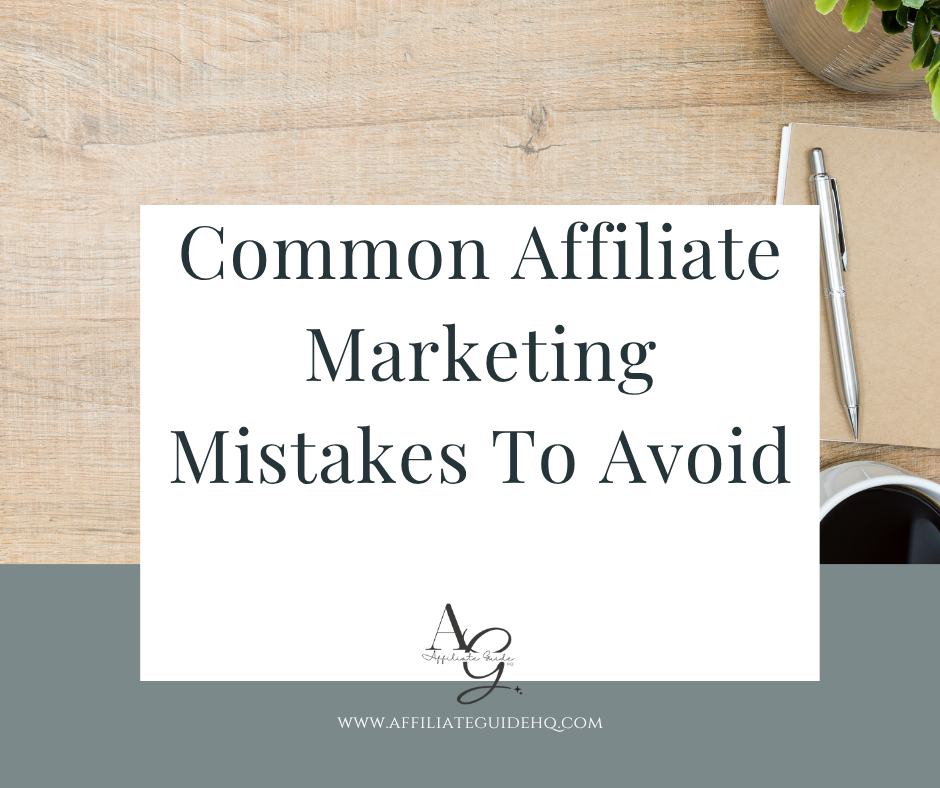

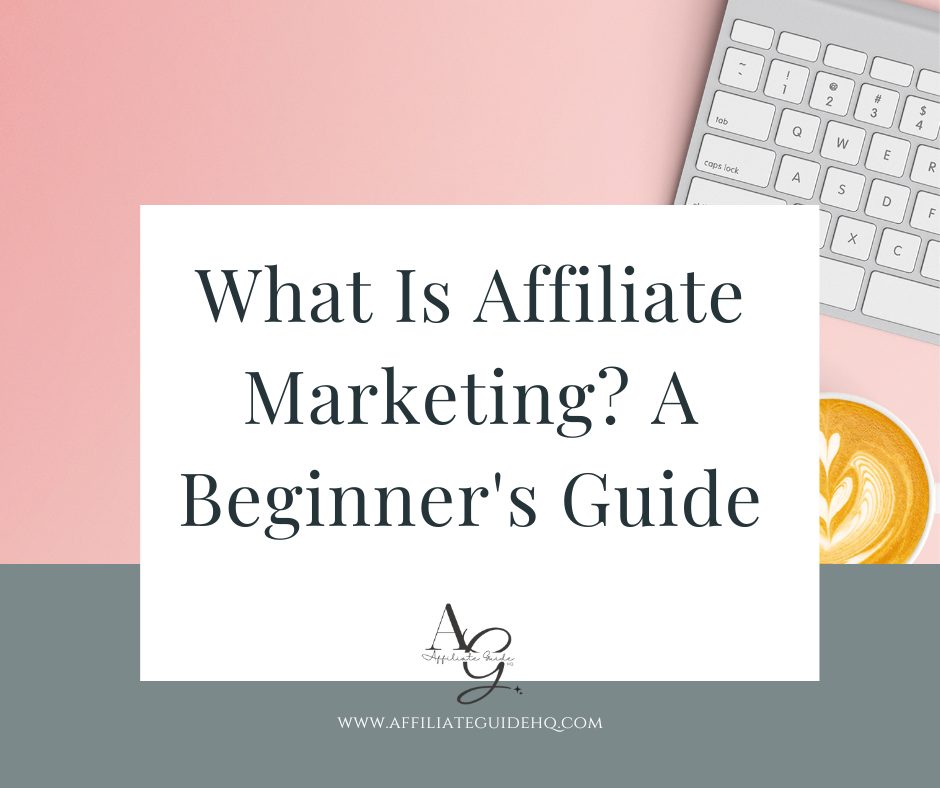
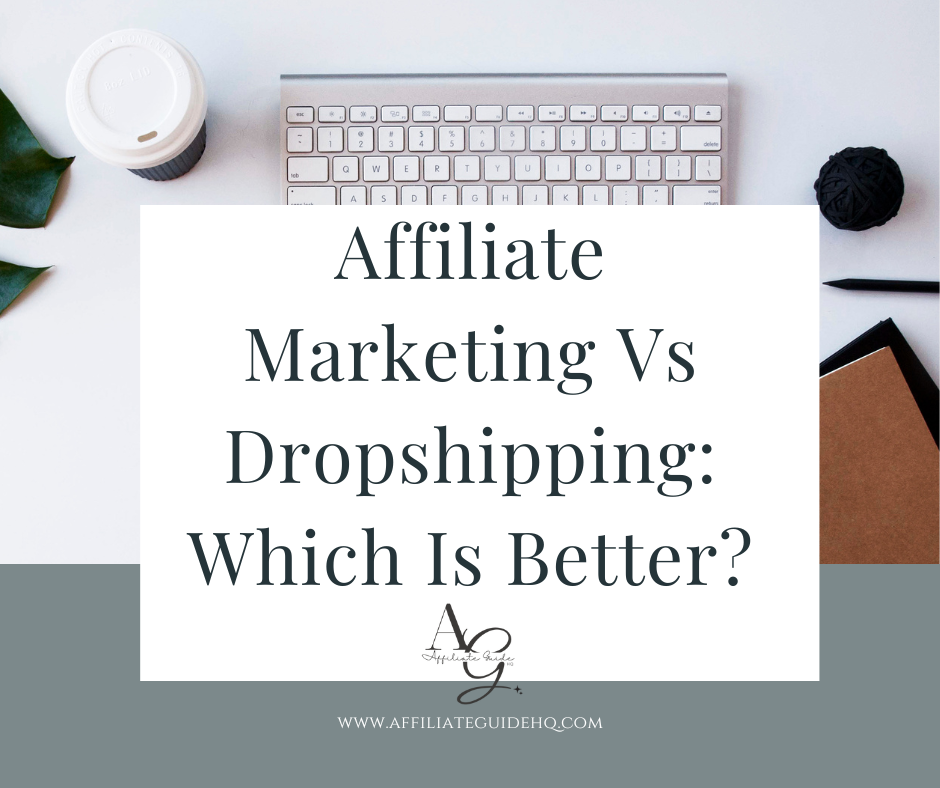



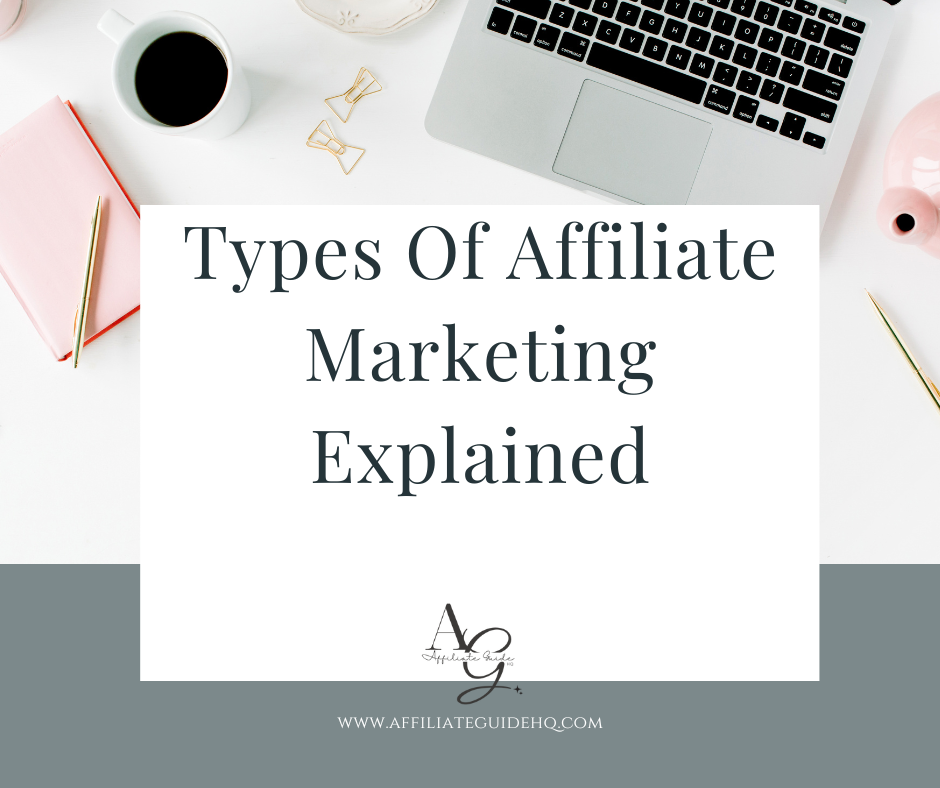
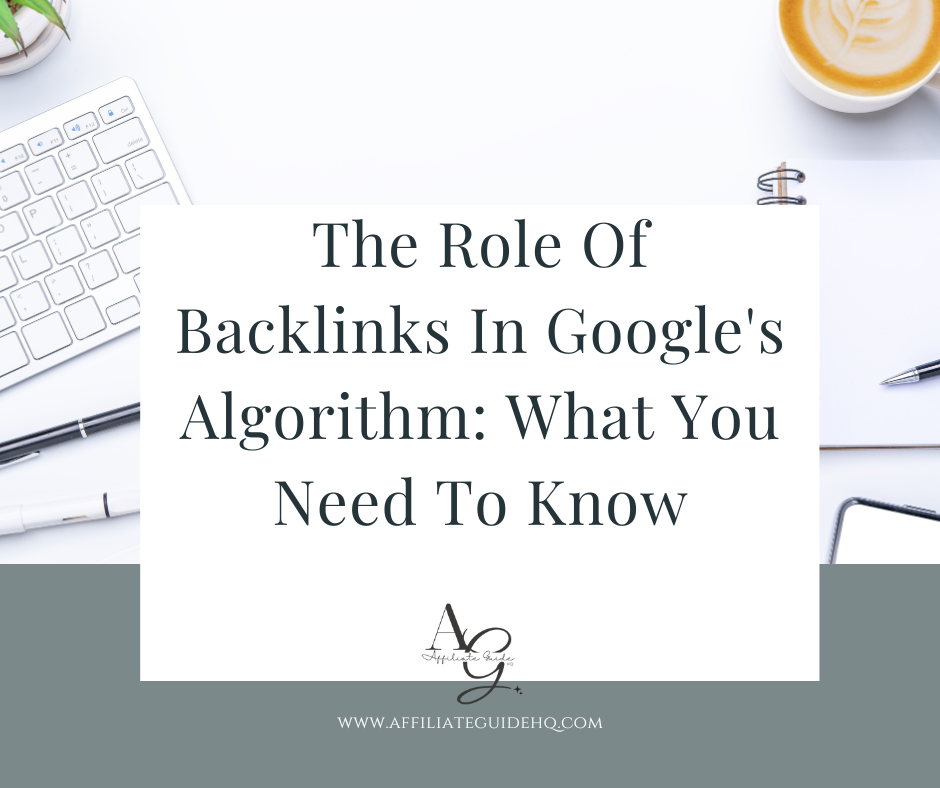
Leave a Reply